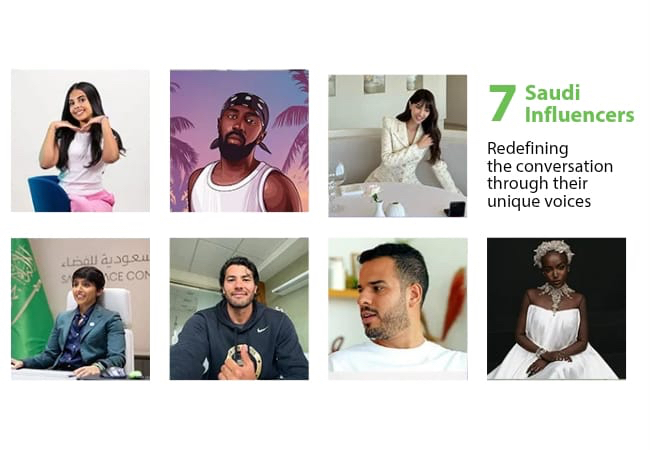Industry Talk - Free Talk
The Power of Storytelling: Crafting Narratives that Resonate
by Nadim Khoury
July 24, 2024
.jpg) Advertisement
AdvertisementIn the realm of communication, storytelling stands as an unparalleled force. So, what makes a message truly resonate?
Forget for a moment about dry facts and figures. Humans crave stories and it’s all about the art of telling a story. Stories that make us laugh, cry, and yearn for more. This is the magic of storytelling.
As brands seek to build lasting relationships within their communities, the manner in which stories are told becomes paramount. It’s not merely about what you say, but how you say it that makes all the difference. This nuanced approach to communication underscores the profound power of storytelling.
A well-told story doesn't just present information; it evokes emotions, sparks imagination, and creates a memorable experience.
Research indicates that narratives can stimulate brain activity and even synchronize brain waves between the storyteller and the listener. This deep level of engagement is crucial for brands aiming to establish a meaningful connection with their audience.
Through storytelling, brands can convey their values and personality in ways that resonate on a personal level. For instance, a brand story that showcases resilience, innovation, or empathy can inspire loyalty and advocacy among customers who see their own values reflected in the narrative.
Take Apple’s storytelling as an example. The company doesn’t just sell products; it tells a story of creativity, innovation, and challenging the status quo. This narrative has fostered a dedicated community of users who identify with the brand’s ethos. It’s a testament to how powerful storytelling can build not just a customer base, but a tribe of loyal followers.
In our world, perception is everything. The way a story is framed, the tone of voice, the choice of words, and the emotional undertones all influence how the audience perceives the narrative. A brand that understands this, can craft stories that not only capture attention but also shape public perception.
Effective storytelling can also turn challenges into triumphs and setbacks into learning opportunities. It’s about shaping the narrative to ensure that the brand is perceived in the desired way.
Let’s look at the case of Richard Branson and how he launched Virgin Atlantic. Faced with numerous obstacles, Branson’s narrative emphasized innovation, adventure, and customer experience, turning potential setbacks into compelling stories of triumph and resilience. This approach helped establish Virgin Atlantic as a beloved and distinctive brand in the competitive airline industry.
The importance of storytelling has never been greater.
In today's fast-paced, information-saturated world, only storytelling can cut through the noise and truly engage an audience. Modern consumers are bombarded with content, and it is only the stories that stand out – those who resonate on an emotional level - will leave a lasting impression.
As technology evolves and communication channels multiply, the fundamental human need for stories remains unchanged. Whether through social media, video content, or immersive experiences, storytelling is the key to capturing attention and fostering genuine connections.
To truly resonate, a brand’s story must go beyond marketing; it should weave into the fabric of the community’s life.
Just like Nike inspires with its "Just Do It" slogan and Disney brings magic into everyday moments, a brand must understand the community’s aspirations, challenges, and values. When a brand’s story aligns with these elements, it becomes more than a commercial entity; it becomes a partner well rooted in the community’s journey.
Consider Patagonia. Their commitment to environmental sustainability is not just a marketing message but a core part of their story. This authentic alignment with the values of their community has created a strong, loyal customer base that sees Patagonia not just as a retailer, but as a champion for the planet.
In the end, the power of storytelling lies in its ability to transcend the mundane and touch the human spirit. It’s about creating narratives that are not only heard but most importantly felt. For brands, mastering the art of storytelling means crafting messages that are engaging, authentic, and deeply connected to the audience’s life and values.
Storytelling isn’t just a way to communicate; it’s a way to be remembered. And in a world overflowing with information, being remembered is the ultimate achievement. So, what narrative will your brand create to make a lasting impression on its audience?

Nadim Khoury is Director of Marketing and Public Relations for Media City Qatar where he leads the development and execution of the new brand’s marketing strategy, working closely with cross-functional teams to shape the brand and drive growth of specific strategic areas in line with the national agenda. Over the past years, he held different senior positions as part of WPP leadership team including CEO Grey Group; Executive Director VML and Regional Director Global Clients WPP in addition to different board positions at Group M and the Int’l Advertising Association.



.jpg)










